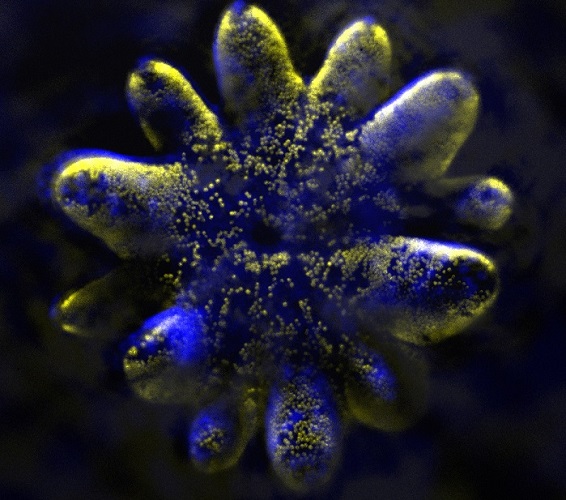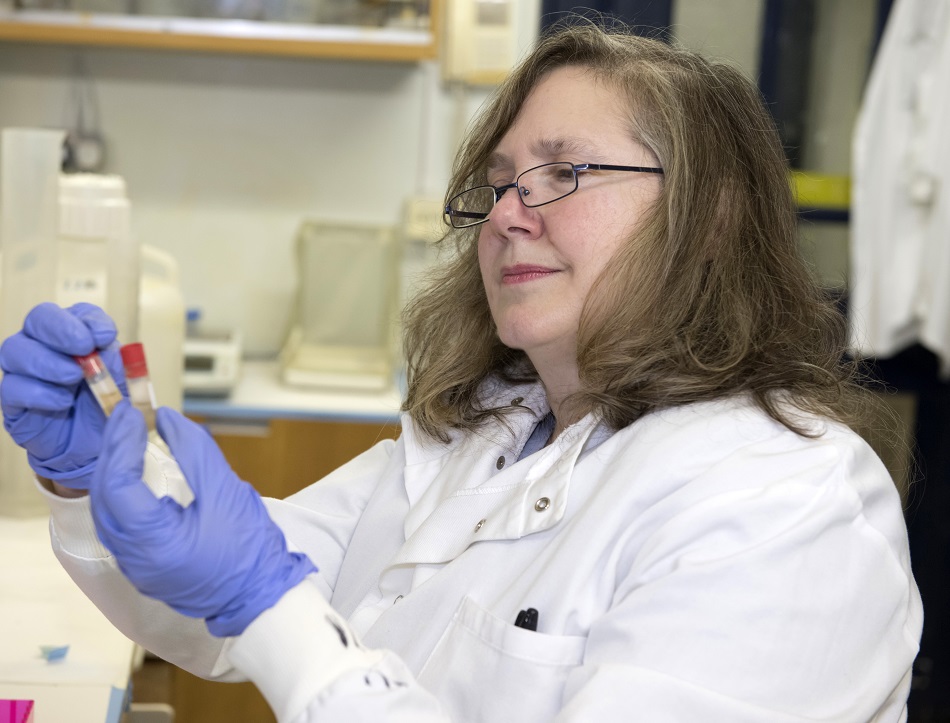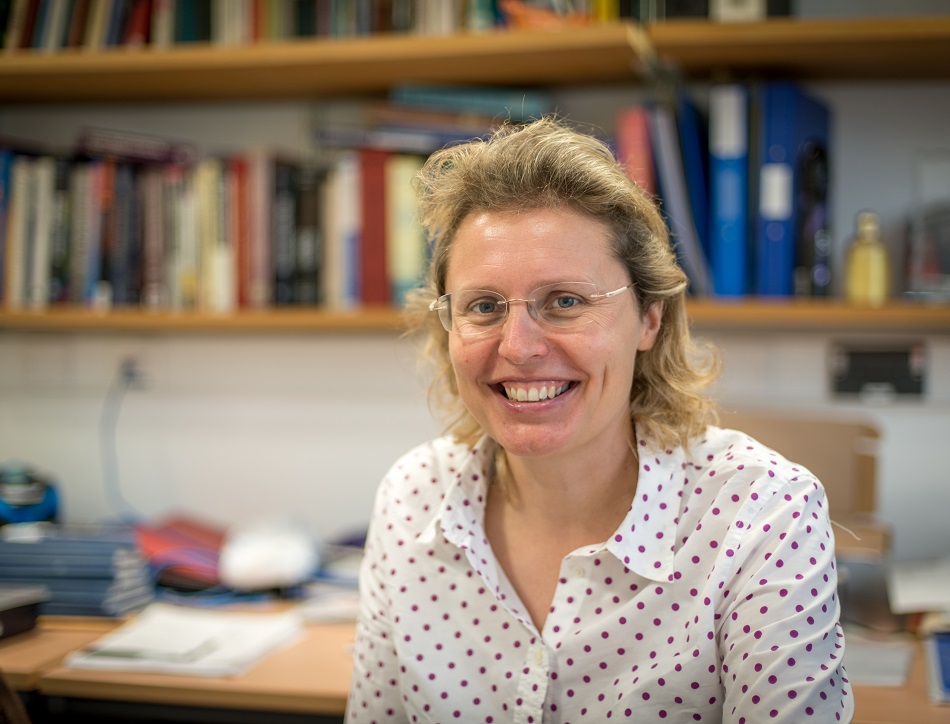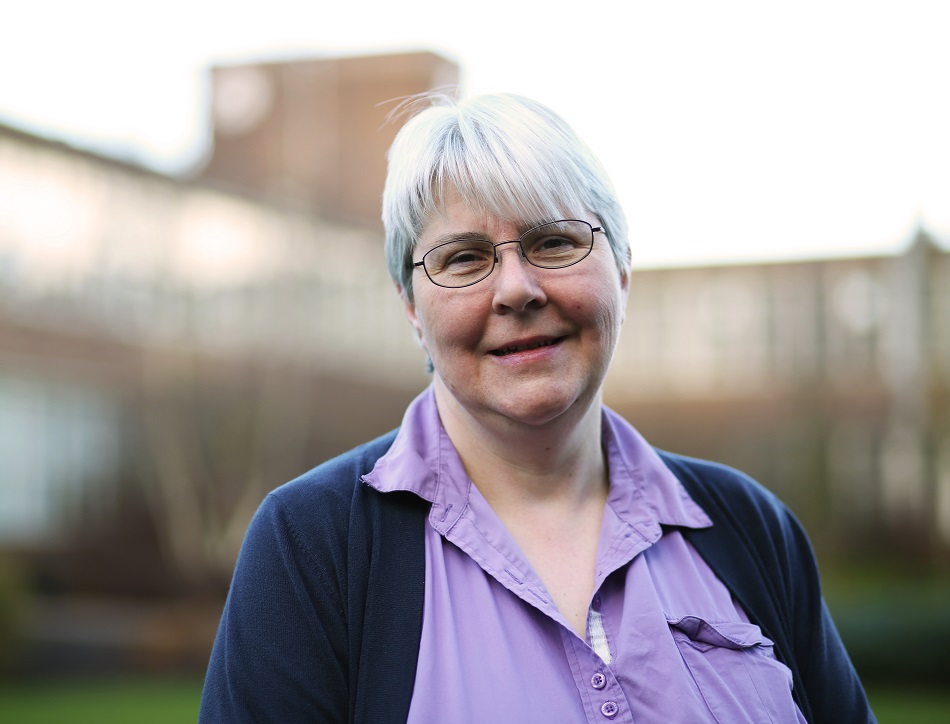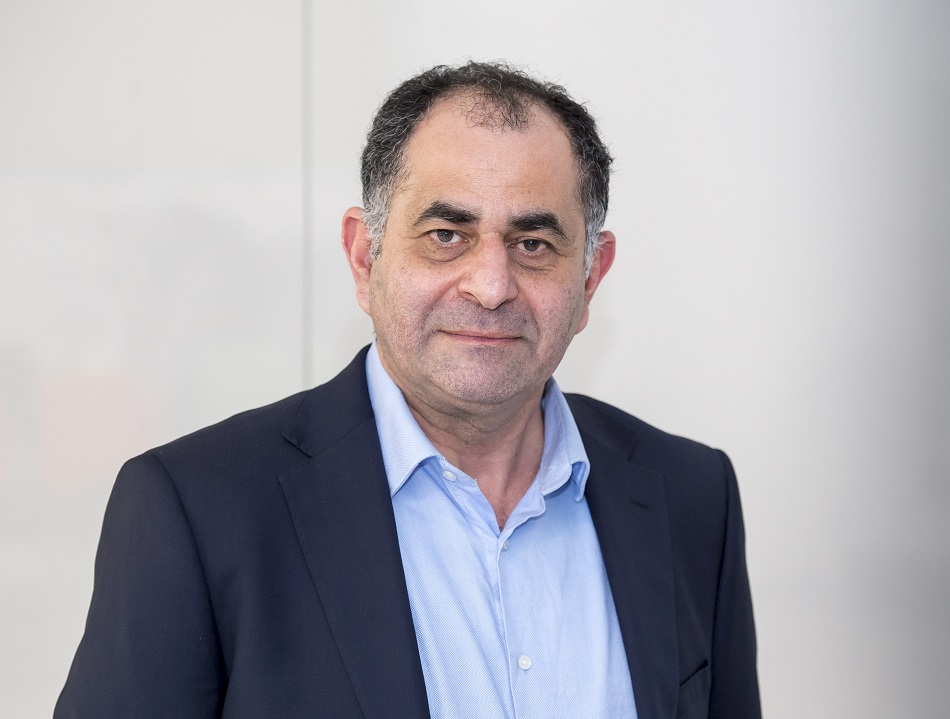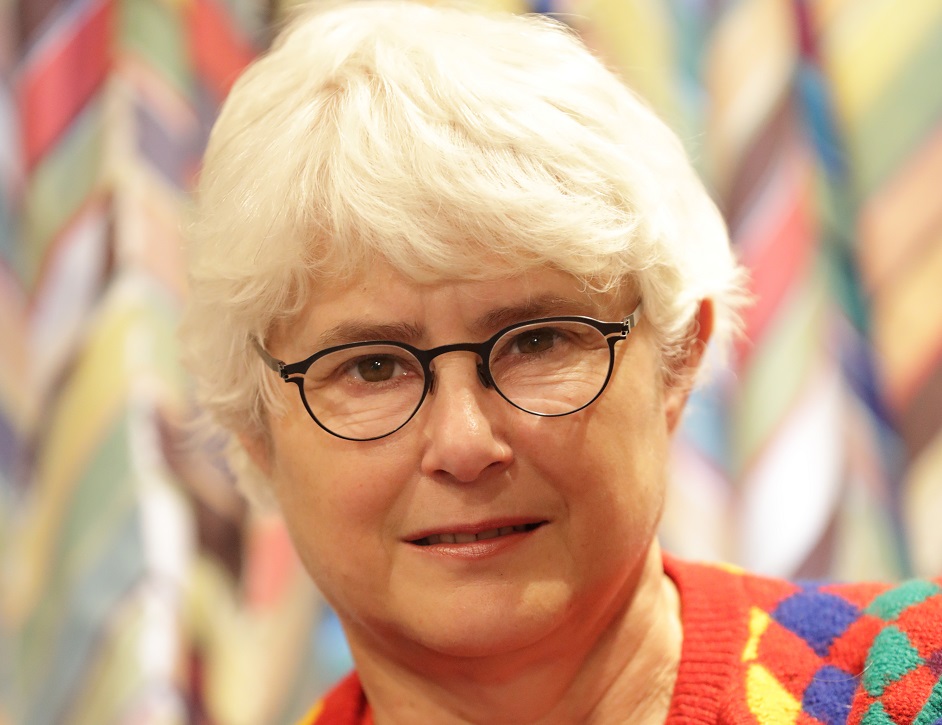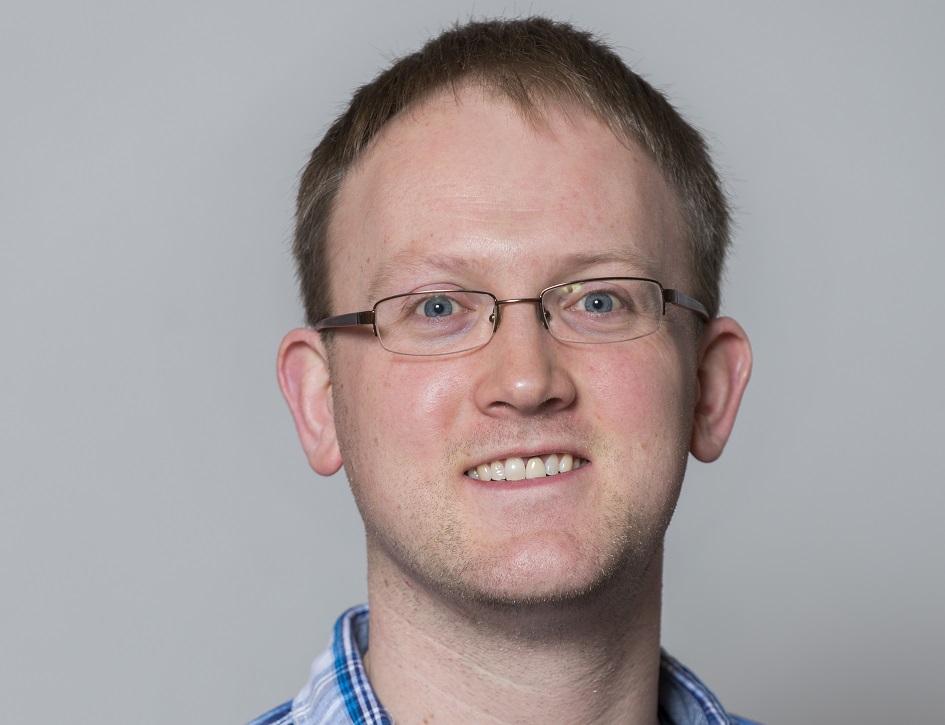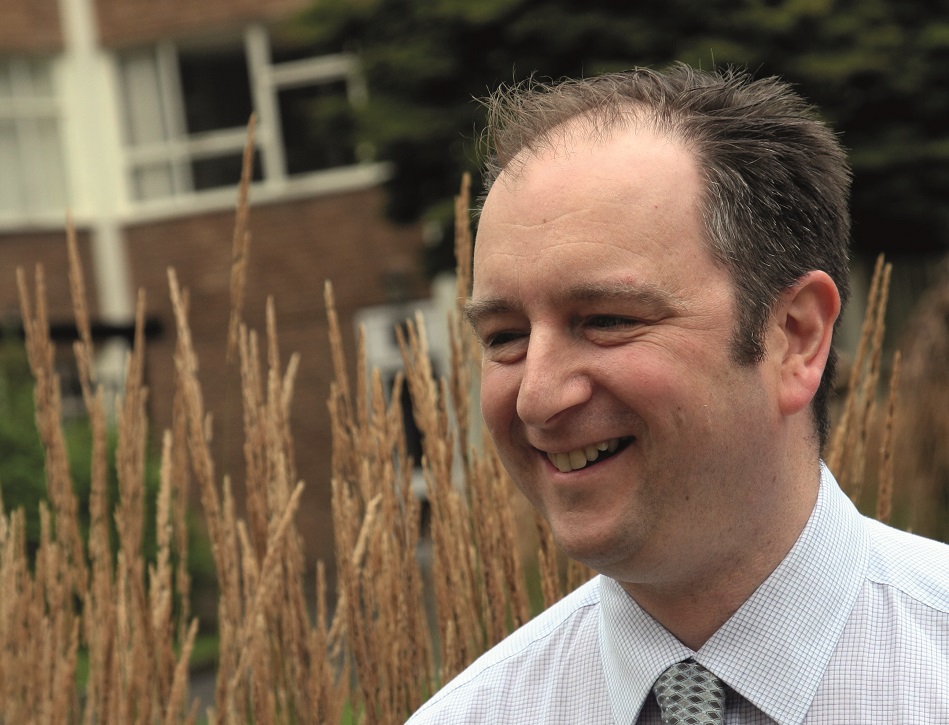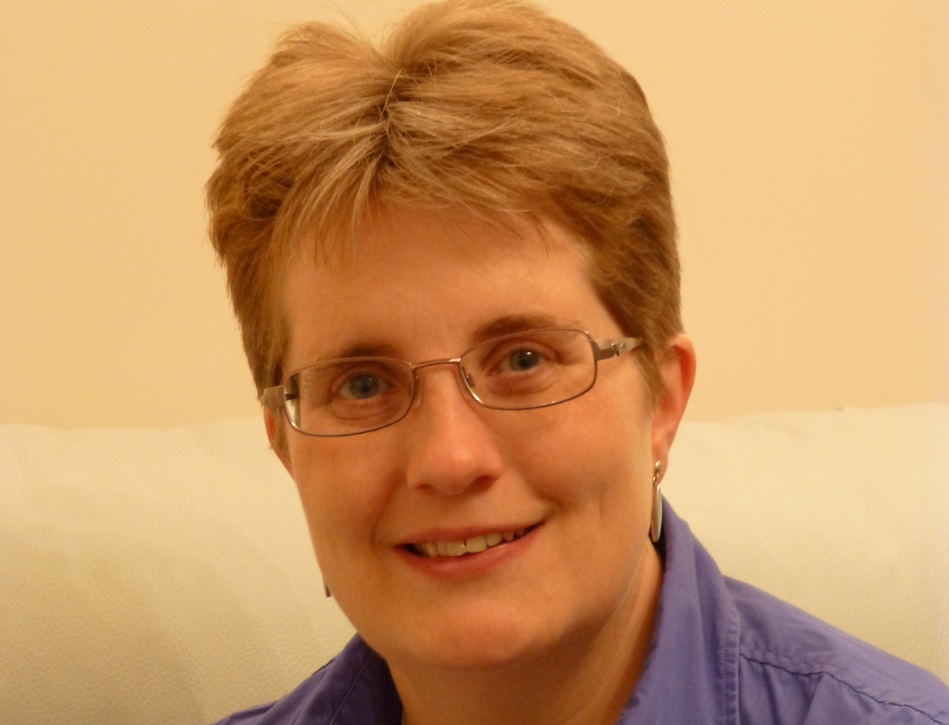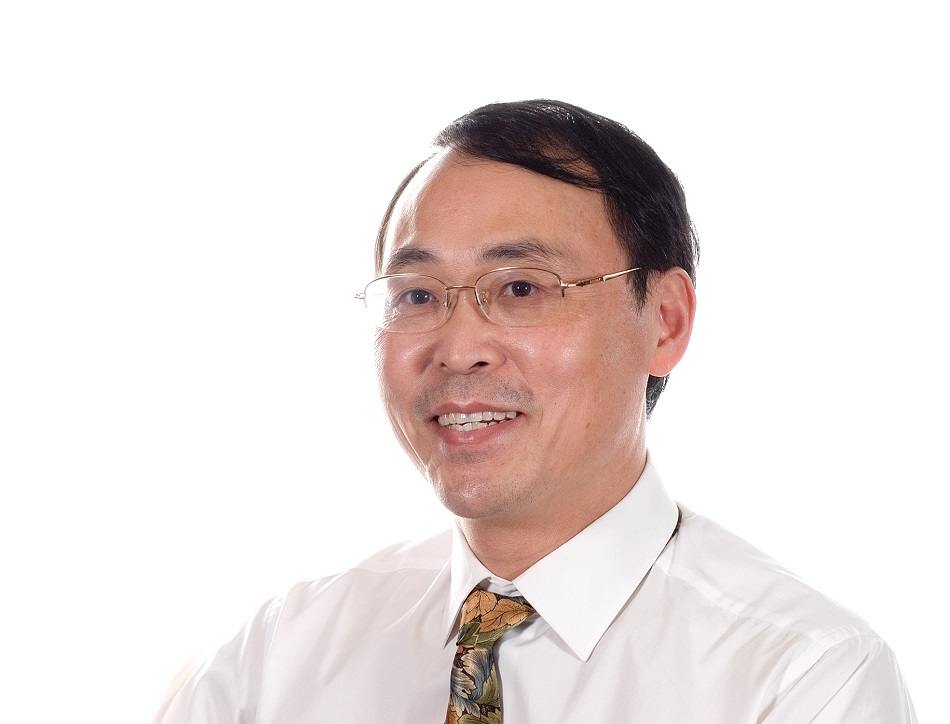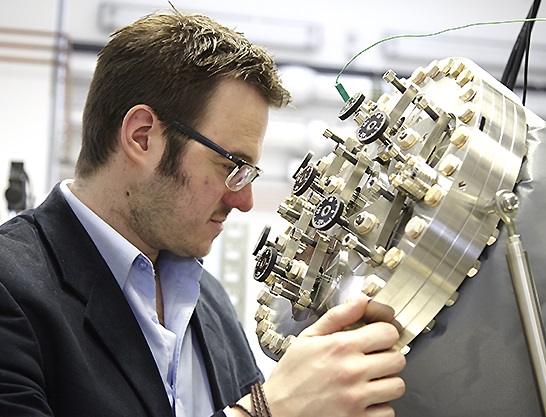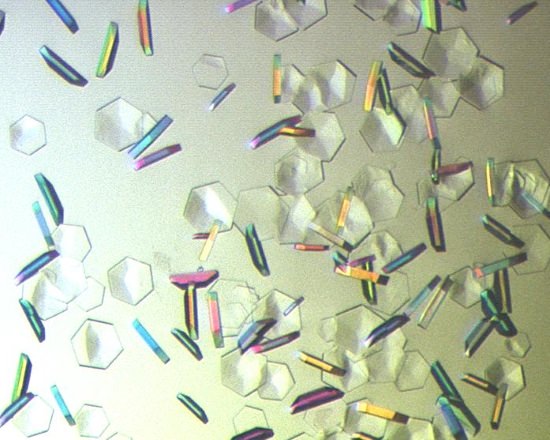About the scheme
The Industry Fellowship is part of the Royal Society's wider Science and Industry Programme, which strives to promote the value and importance of science by connecting academia, industry and government.
The Industry Fellowship scheme is open to academic and industrial researchers from early to senior career stages based in the UK.
The aims of the scheme are to:
- Support the mobility of excellent academic or industrial researchers between the two sectors in the UK, across the natural sciences
- Enable the Industry Fellow to develop and establish collaborative links between the academic and industrial organisations, which may lead to longer term collaborations
- Support the career development of the Industry Fellow, and their team, through the cross-sector collaborative research experience afforded by the fellowship
- Enhance knowledge exchange in science and technology between industry and academia.
For shorter term collaborative projects between industry and academia, see the Short Industry Fellowship.
The Royal Society recognises that diversity is essential for delivering excellence in science, technology, engineering and mathematics (STEM). The Society wants to encourage applications from the widest range of backgrounds, perspectives and experiences to maximise innovation and creativity in science for the benefit of humanity. We regularly review and revise policies and processes to embed equity, diversity and inclusion (EDI) principles in all aspects of the grant making process and ensure all talented applicants have an equitable chance to succeed as per assessment criteria.
See below for details of adjustments we can provide for disabled applicants.
Changes to the scheme
Subsidy Control
To ensure the Society complies with the Subsidy Control Act, a new page has been added to the application form to collect the necessary information to identify awards which would constitute a subsidy. The questions on this page do not form part of the assessment and will not be seen by the assessment committee. For more information, please see the scheme guidance notes.
Award Value Cap
Applicants may apply for up to a maximum award value of £168,000 over the award period. For further information about the scheme specific funding rules, please see the Finance section of the scheme notes.
What does the scheme offer?
Awards can be for any period up to two years full-time or a maximum of four years pro rata (i.e. an award could be held at 50% part-time for four years), enabling Industry Fellows to maintain links with their employing institution more easily.
Funds can cover:
- The applicant’s basic salary while on secondment. The employing organisation will continue to pay national insurance and pension contributions.
- Research expenses which may be claimed up to the value of £4,000 per year, and may be used to support summer studentships.
Full funding details can be found in the scheme notes.
We provide flexibility to accommodate personal circumstances including part-time working, sabbaticals and secondments. There is provision for maternity, paternity, shared parental, adoptive or extended sick leave, as well as financial support for childcare costs that arise from attending conferences and research visits.
Royal Society Research Fellows also have the opportunity to access a range of career development and engagement opportunities including training on leadership, science communication and public engagement, and activities coordinated by our science policy and schools engagement teams. For further detail on these additional benefits, read our opportunities page.
This scheme is for you if:
- You have a PhD or are of equivalent standing in your profession
- You hold a permanent post or have an 'open-ended contract' in either a university, not-for-profit research organisation or industry in the UK
- You are at a stage in your career when you would particularly benefit from establishing or strengthening personal or corporate links between academia and industry, as a foundation for long-term collaboration and development
- Your research is within the Royal Society’s remit of natural sciences, which includes but is not limited to biological research and biomedical sciences, chemistry, engineering, mathematics and physics. For a full list, please see the breakdown of subject groups and areas supported by the Royal Society.
Applicants can be of any nationality and those requiring a visa are eligible to apply for a Global Talent Visa under the fast-track process of endorsement.
These fellowships are aimed at supporting new collaborations between academic and industry organisations. If you are applying to support an ongoing collaboration with an industry partner or UK University, or not-for-profit research organisation, you will be required to submit a new project involving a different university/industry department.
You should clearly state how the fellowship will benefit the not-for-profit research organisation and the industrial partner, including any potential to lead to longer-term collaboration.
Read the scheme notes for further information on eligibility. Please ensure that you meet all eligibility requirements before applying.
You will apply through our application and grant management system, Flexi-Grant®. See the ‘Application and assessment process’ page for a general overview of the application and selection steps and see below for details specific to this scheme.
Assessment of your application will be overseen by the Industry Fellowship panel. Following eligibility checks, applications are initially reviewed and assessed by two panel members who have the most appropriate scientific expertise. A longlist is drawn up, with longlisted applications subject to independent review. Following completion of independent peer review, a shortlist is finalised with oversight of the Panel Chair. Shortlisted applications are then discussed at a Panel meeting where recommendations for funding will be made.
Further detail on the application and review process is available in the scheme notes.
The Royal Society welcomes applications from disabled applicants and provides support and adjustments to ensure that they can participate fully in the selection process. If you require support or an adjustment when accessing the application form, attending interviews, or for any other part of the application process, please contact the Grants team on innovationgrants@royalsociety.org. All requests for adjustments are made in confidentiality. Any request for an adjustment will not normally be shared with panel members unless it becomes relevant to the assessment process itself. If we need to share your request with anyone (for example if panel members are required to implement any adjustments during interviews), we will ask for your permission first.
Adjustments can include, but are not limited to:
- extension of the deadline
- additional support to complete the application form
- Receiving the application form in a different format, such as on a Word document
- Support during interviews as required, including technical support for candidates requiring accessibility software or services
- Additional costs that candidates may incur on account of their particular disability to attend an interview
If you have further questions regarding the scheme, please contact the Grants team on innovationgrants@royalsociety.org or visit our contact us page.



